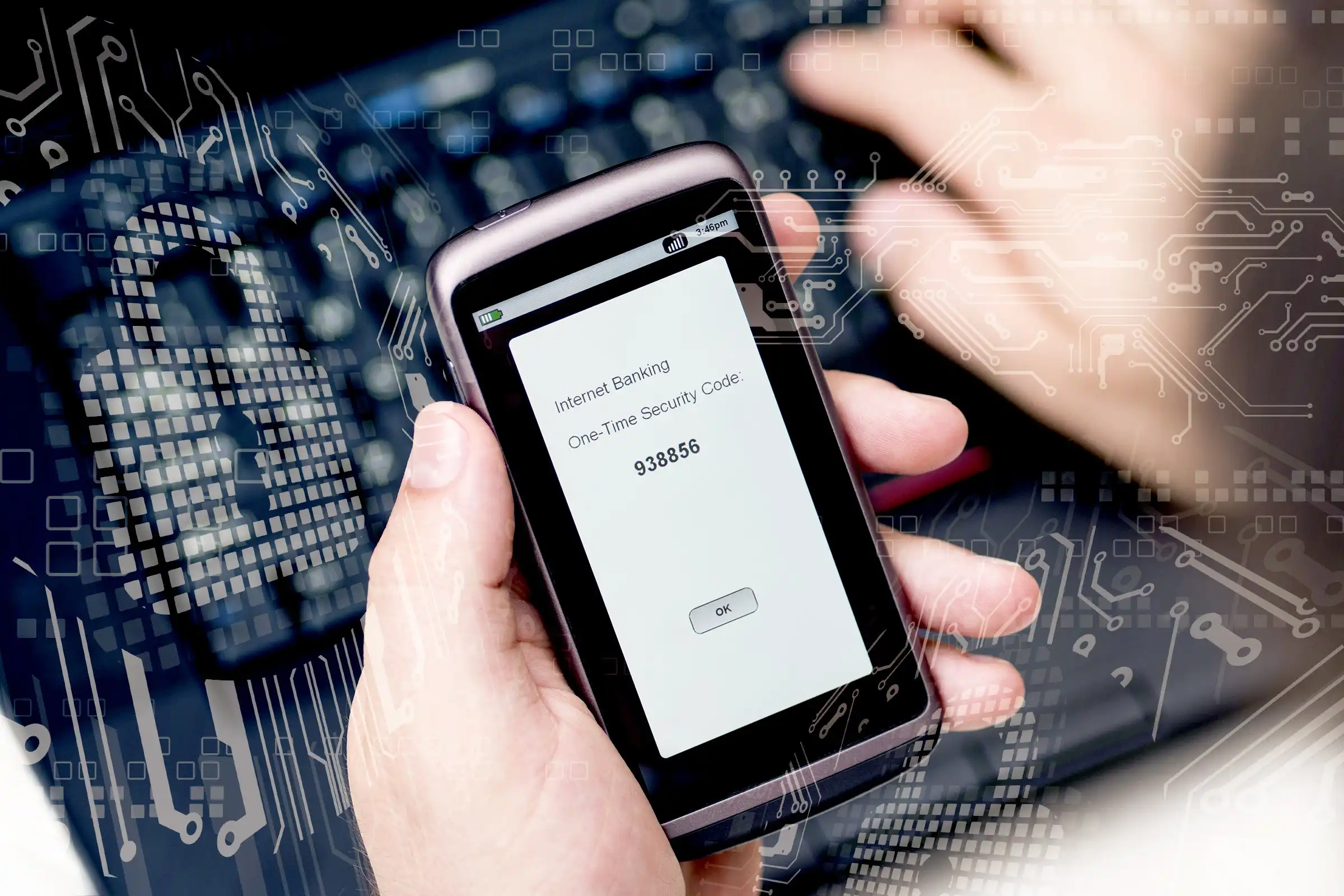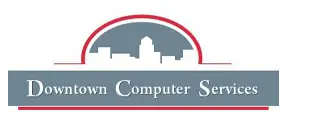
07 Jun The Importance of Multi-Factor Authentication (MFA) in Protecting Your Data
Cyberattacks have become increasingly sophisticated and relentless, safeguarding your sensitive data has never been more critical. While passwords have long been the standard for authentication, they are no longer sufficient on their own. Hackers have developed clever ways to bypass passwords, leaving your valuable information vulnerable. This is where multi-factor authentication (MFA) emerges as a powerful defense mechanism, adding layers of protection to your accounts and data.
What is Multi-Factor Authentication (MFA)?
Multi-factor authentication (MFA), also known as two-factor authentication (2FA), is a security system that requires users to provide multiple verification factors to access an account or system. This means that in addition to your password, you need to provide another piece of information to prove your identity.
MFA utilizes different types of authentication factors, categorized as:
- Something you know, like your password, PIN, or a security question.
- Something you have, for example, a security token, a mobile phone, or a smart card.
- Something you are, i.e., biometrics, such as fingerprint scans, facial recognition, or voice recognition.
By combining two or more of these factors, MFA significantly enhances security, as it becomes much harder for an unauthorized person to gain access even if they have your password.
Why is MFA Essential for Data Protection?
Passwords alone are no longer enough to protect your sensitive information. Weak or reused passwords, phishing scams, and keylogging malware are just a few of the ways hackers can bypass password password protection. MFA adds an extra layer of security by requiring additional verification, making it exponentially more difficult for attackers to gain access.
Imagine if someone managed to steal your password. With MFA enabled, they would still be unable to access your data without the second factor, such as a code sent to your phone or a fingerprint scan. This drastically reduces the risk of unauthorized access and protects your information from falling into the wrong hands.
Numerous high-profile data breaches have occurred due to compromised passwords. MFA could have prevented many of these incidents, underscoring its critical role in data protection. If you do not want your business to be among the victims of cybercriminals, contact Downtown Computer Services. We will help you implement MFA and set up other cybersecurity tools – from antiviruses to IDS. Call us now at (954) 524 9002.
MFA Best Practices: Implement and Optimize for Maximum Security
To maximize the security benefits of MFA, it’s essential to follow best practices. Let’s explore the best practices when setting up strong multi-factor authentication.
Choose Strong Authentication Factors
Avoid using easily guessable information for your “something you know” factor. Opt for complex passwords and consider using a password manager. For the “something you have” factor, choose a method that is not easily replicated or stolen.
Implement MFA Broadly
Don’t limit MFA to just external-facing applications. Enable it for all critical systems and data repositories, including internal networks, administrative accounts, and sensitive databases.
Educate Users
Make sure your employees or team members understand the importance of MFA and how to use it properly. Provide clear instructions and offer support if needed.
Regularly Review and Update
Cyber threats are constantly evolving, so it’s important to review your MFA policies regularly and update them as needed to adapt to new risks and vulnerabilities.
Choosing the Right MFA Solution for Your Business
The right multi-factor authentication (MFA) solution for your business will depend on your specific needs, budget, and the level of security required. Here’s a look at some popular MFA options:
Software Tokens
These are typically authenticator apps that generate one-time codes on your smartphone or computer. They are convenient and cost-effective but rely on the security of your device. Popular options include Google Authenticator, Microsoft Authenticator, and Authy.
Hardware Tokens
These are physical devices that generate one-time codes or use cryptographic keys for authentication. They offer strong security but can be more expensive and require physical possession. YubiKey and Google Titan Security Key are well-known examples.
Biometric Authentication
This uses your unique biological traits like fingerprints, facial features, or iris patterns for verification. While highly secure and convenient, it requires specialized hardware and raises privacy concerns for some users.
SMS-Based Authentication
This involves receiving a one-time code via text message on your phone. While easy to use, it can be vulnerable to SIM-swapping attacks or if your phone is lost or stolen.
When choosing an MFA solution, consider factors like:
- How strong is the authentication method? How resistant is it to attacks?
- How easy is it for employees to use and understand? Will it disrupt their workflow?
- What are the upfront and ongoing costs associated with the solution?
- Can the solution grow with your business?
- Does it integrate with your existing systems and applications?
It’s crucial to weigh these factors carefully and select an MFA solution that strikes the right balance between security, usability, and cost for your organization.
Beyond Security: The Added Benefits of MFA
While the primary goal of MFA is to enhance security, it also offers several additional benefits.
For example, MFA helps businesses comply with data protection regulations like GDPR and HIPAA, which often require strong authentication measures for sensitive data. Also, by demonstrating your commitment to protecting customer data, MFA can increase trust and confidence in your brand. Finally, with modern MFA solutions, authentication can be seamless and user-friendly, improving the overall user experience.
Conclusion
So, today, relying on passwords alone is no longer enough. Multi-Factor Authentication (MFA) is a powerful tool that adds an extra layer of security to your accounts and data, significantly reducing the risk of unauthorized access and protecting your sensitive information. By implementing MFA best practices and choosing the right solution for your business, you can fortify your defenses against cyberattacks and ensure the confidentiality, integrity, and availability of your valuable data. Embracing MFA is not just a security measure; it’s a strategic investment in the long-term resilience and success of your business.
If you want to protect your business with MFA, but don’t know where to start, call Downtown Computer Services at (954) 524 9002. We will assess your IT infrastructure and implement MFA quickly and safely.
Key Takeaways
- Multi-factor authentication (MFA) is a security system that requires multiple verification factors to access an account or system, significantly enhancing data protection beyond passwords alone.
- MFA is essential for data protection because it drastically reduces the risk of unauthorized access even if a password is compromised, as hackers would still need additional verification to gain entry.
- Implementing MFA best practices, such as choosing strong authentication factors and educating users, is crucial for maximizing the security benefits of MFA and protecting sensitive data from evolving cyber threats.
Check out other relevant news
- How Easy-to-Use Hacking Tools Are Fueling Cybercrime
- Cryptocurrency Security for Small Businesses: Protecting Your Wallet
- The Infostealer Epidemic: Protecting Your Business from the Latest Wave of Cyberattacks
- The Identity Crisis: How Compromised Credentials Can Cripple Your Business
- Beyond the Brick and Mortar: Building Your Online Storefront with Digital Marketing
